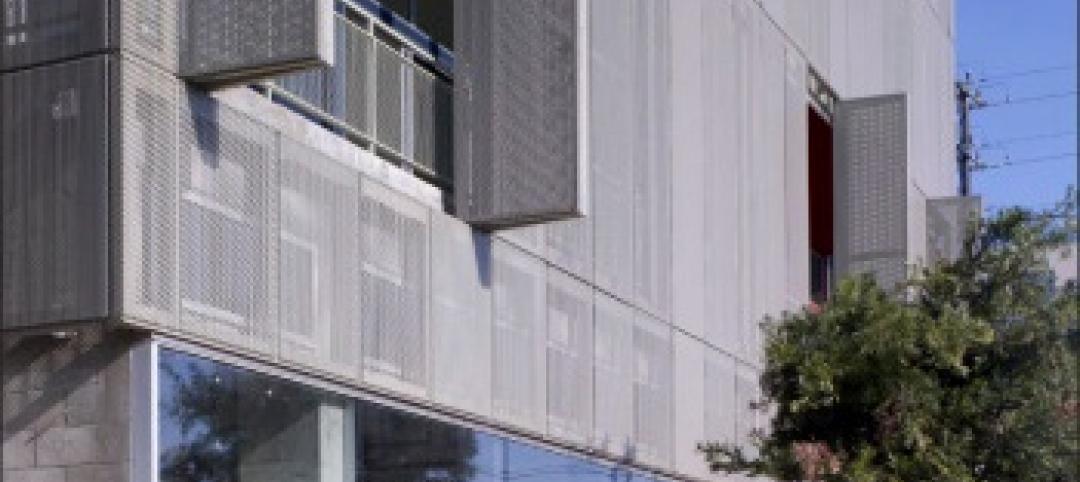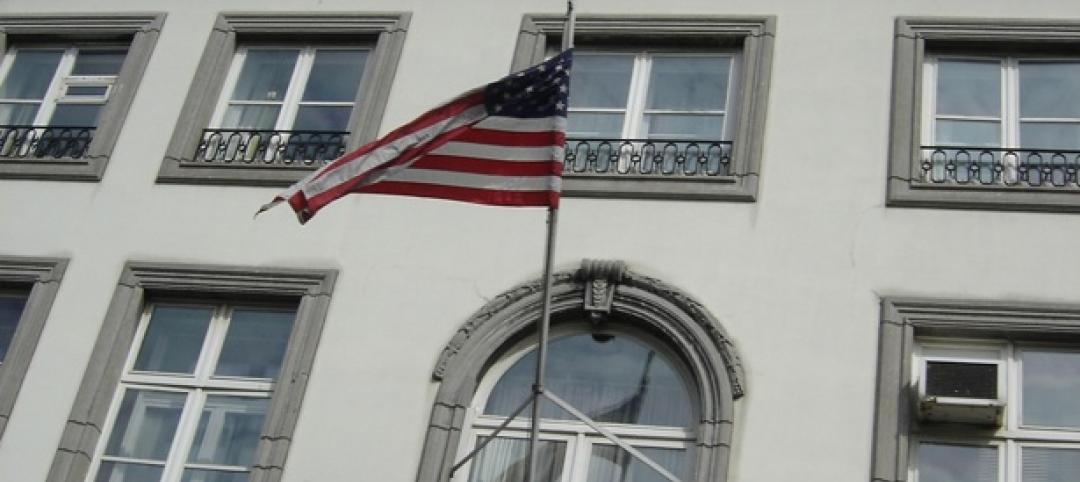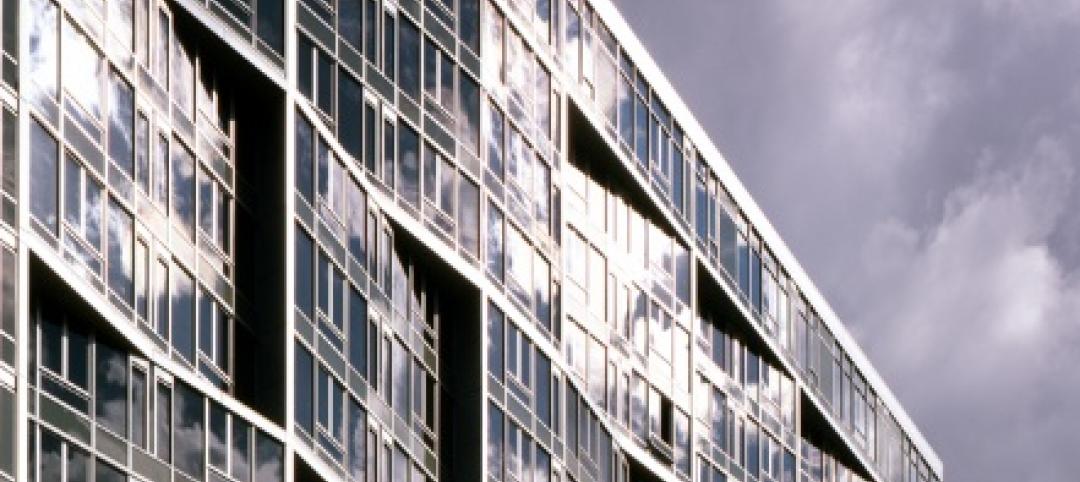Many U.S. cities are seeing an increase in bicycle commuters, according to new a U.S. Census Bureau report.
Nationwide, the number of people who traveled to work by bike increased roughly 60% during the last decade, from 488,000 in 2000 to 786,000 annually during the 2008-2012 period. This is the largest percentage increase of all commuting modes tracked by the 2000 Census and the 2008-2012 American Community Survey.
"In recent years, many communities have taken steps to support more transportation options, such as bicycling and walking," said Brian McKenzie, a Census Bureau sociologist and the report's author. "For example, many cities have invested in bike share programs, bike lanes and more pedestrian-friendly streets."
While bicyclists account for just 0.6 percent of all commuters, some of the nation's largest cities have more than doubled their rates since 2000. Portland, Ore., had the highest bicycle commuting rate, at 6.1%, up from 1.8% in 2000. In Minneapolis, the rate increased from 1.9% to 4.1%.
The report also looks at the number of people who walk to work. After steadily decreasing since 1980, the percent of people who walk to work has stabilized since 2000. In 1980, 5.6% of workers walked to work, and that rate declined to 2.9% by 2000. However, in the 2008-2012 period, the rate of walkers remained statistically unchanged from 2000. Among larger cities, Boston had the highest rate of walking to work at 15.1%.
The report, "Modes Less Traveled — Bicycling and Walking to Work in the United States: 2008-2012," highlights the trends and socio-economic and geographic differences between motorized and nonmotorized commutes.
Biking to Work Highlights:
- The West had the highest rate of biking to work at 1.1%, and the South had the lowest rate at 0.3%.
- Among large cities, Portland, Ore., had the highest bicycle-commuting rate at 6.1%.
- The median commute time for those who bike to work was about 19.3 minutes.
- Men were more likely to bike to work than women were. The rate of bicycle commuting for men was more than double that of women, 0.8% compared with 0.3%.
- Those with a graduate or professional degree or higher and those with less than a high school degree had the highest rates of biking to work, at 0.9% and 0.7%, respectively.
- 1.5% of those with an income of $10,000 or less commuted to work by bicycle, the highest rate of bicycle commuting by any income category.
- African-Americans had the lowest rate of biking to work at 0.3%, compared with some other race or two or more races who had the highest rate at 0.8%.
Walking to Work Highlights:
- The Northeast showed the highest rate of walking to work at 4.7% of workers. Several of the places with high rates were "college towns," including Ithaca, N.Y., where about 42.4% walked to work. The South had the lowest rate at 1.8%. Among large cities, Boston was one of the highest walking-to-work cities at 15.1%.
- Workers living in core cities walked to work at a rate of 4.3%, compared with 2.4% for workers in suburbs.
- The median commute time for those who walk to work was 11.5 minutes, and they left their home at later hours than other modes.
- Men walked to work at a rate of 2.9% compared with 2.8% for women.
- Those with less than a high school degree had the highest rate of walking to work at 3.7%, followed by those with graduate or professional degrees at 2.7%.
- 8.2% of those with an income of $10,000 or less walked to work, the highest rate of walking to work by any income category.
- Asians and workers of some other race or two or more races had the highest rate of walking to work at 4.0% and 4.2%, respectively.
Related Stories
| Apr 26, 2011
Video: Are China's ghost cities a bubble waiting to burst?
It's estimated that 10 new cities are being built in China every year, but many are virtually deserted. Retail space remains empty and hundreds of apartments are vacant, but the Chinese government is more concerned with maintaining economic growth—and building cities is one way of achieving that goal.
| Apr 25, 2011
Earn $300 million by NOT hiring Frank Gehry
An Iowa philanthropist and architecture aficionado—who wishes to remain anonymous—is offering a $300 million “reward” to any city anywhere in the world that’s brave enough to hire someone other than Frank Gehry to design its new art museum.
| Apr 20, 2011
Marketing firm Funtion: to host “Construct. Build. Evolve.”
Function:, an integrated marketing agency that specializes in reaching the architecture, building and design community, is hosting an interactive art event, “Construct. Build. Evolve.” in Atlanta’s Piedmont Park on Thursday April 21, 2011 at 11:00AM EDT. During the event attendees will be asked to answer the question, “how would you build the future?” to rouse dialogue and discover fresh ideas for the future of the built environment.
| Apr 20, 2011
Architecture Billings Index: new projects inquiry index up significantly from February
The American Institute of Architects (AIA) reported the March ABI score was 50.5, a negligible decrease from a reading of 50.6 the previous month. This score reflects a modest increase in demand for design services (any score above 50 indicates an increase in billings). The new projects inquiry index was 58.7, up significantly from a mark of 56.4 in February.
| Apr 19, 2011
What are the 15 most-watched construction and engineering stocks?
According to Motley Fool, a multimedia financial services company, the most-watched construction and engineering stock is Fluor (NYSE: FLR), which ranks #1 on BD+C’s Giants 300 engineering list with $1.994 billion in revenue in 2009. Check out the 14 other most-watched A/E stocks.
| Apr 19, 2011
AIA announces top 10 green Projects for 2011
The American Institute of Architects Committee on the Environment announced its Top 10 Green Projects for 2011. Among the winners: Cherokee Studios in Los Angeles, the Department of Energy's National Renewable Energy Laboratory in Golden, Colo., and the Vancouver Convention Centre West in Vancouver, British Columbia.
| Apr 18, 2011
Greening and Upgrading Today’s Vertical Transport Systems
Earn 1.0 AIA/CES HSW/SD learning units by studying this article and passing the online exam.
| Apr 14, 2011
U.S. embassies on a mission to green the world's buildings
The U.S. is putting greater emphasis on greening its worldwide portfolio of embassies. The U.S. State Department-affiliated League of Green Embassies already has 70 U.S. embassies undergoing efforts to reduce their environmental impact, and the organization plans to increase that number to more than 100 by the end of the year.
| Apr 14, 2011
How AEC Professionals Choose Windows and Doors
Window and door systems need to perform. Respondents to our annual window and door survey overwhelmingly reported that performance, weather resistance, durability, and quality were key reasons a particular window or door was specified.













